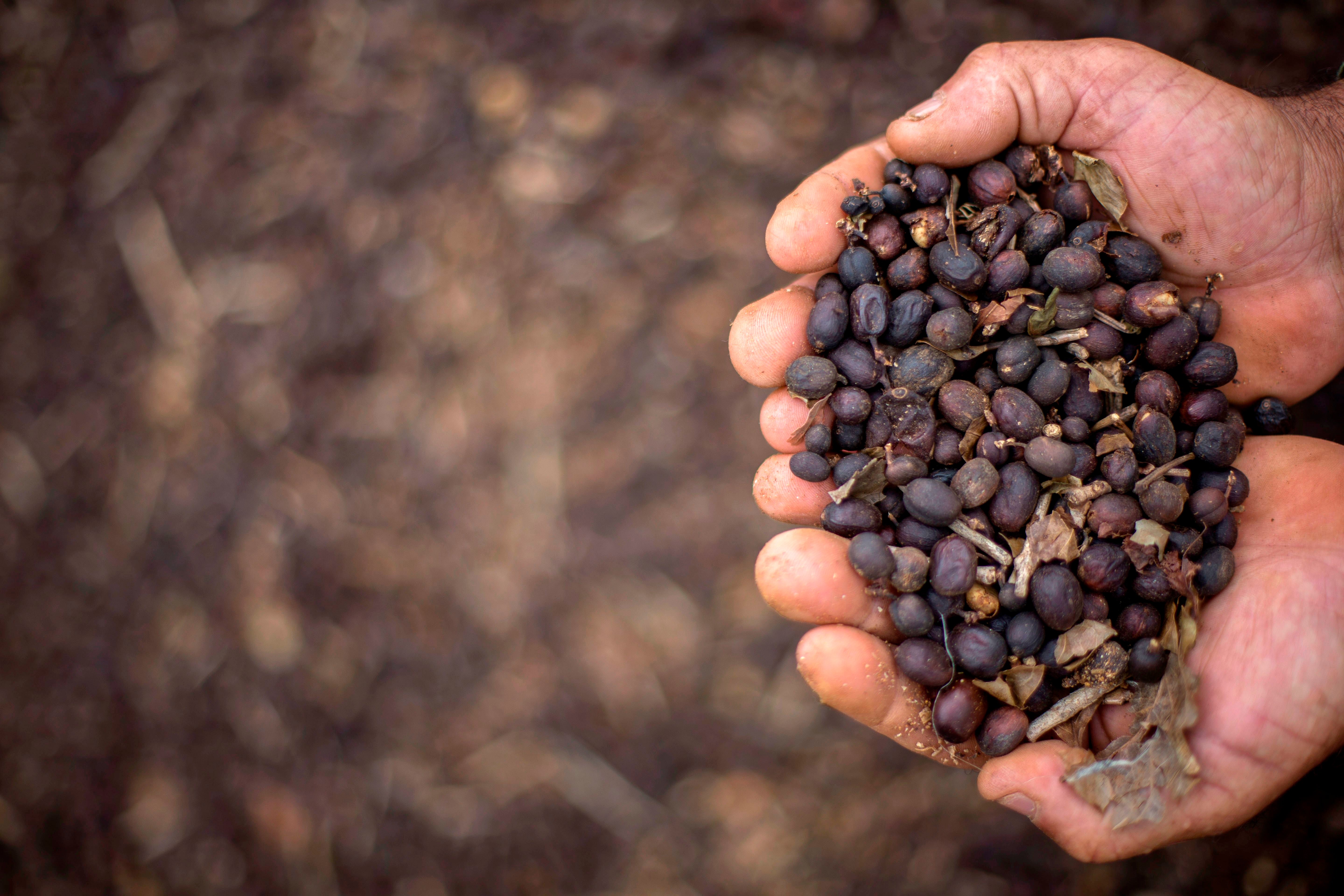
The European Union has issued a warning that caffeine is “harmful to humans if swallowed” under a ruling banning the use of the central component of coffee in pesticides.
The decision by the European Commission, the executive arm of the economic bloc, was in response to an application by a French company Progarein to use the stimulant to ward off insects from crops of cabbages and potatoes.
Coffee is a much-loved staple on the continent - the largest consumer market of the drink in the world - and an integral part of the daily routine for people across the planet.
However, in banning its application to agriculture, the commission said scientific evidence from the European Food Safety Authority showed “caffeine has adverse effects on the cardiovascular system, hydration and body temperature in adults, as well as on the central nervous system (sleep, anxiety, behavioural changes) in adults and children, and an adverse birth weight-related outcome in pregnant women.”
“Furthermore, due to the absence of data, the Authority could not conclude its assessment of non-dietary risks for operators, workers, bystanders and residents,” the regulation statement from October said.

The EFSA also noted the proposed use of caffeine as a pesticide would “significantly” exceed the drinking water concentration safety limit. “According to the Authority, significant surface water exposure can also be expected,” the regulation said.
But the commission ruled that, “the concerns related to the safety of using this substance with regard to the protection of human health and environment could not be eliminated.”







